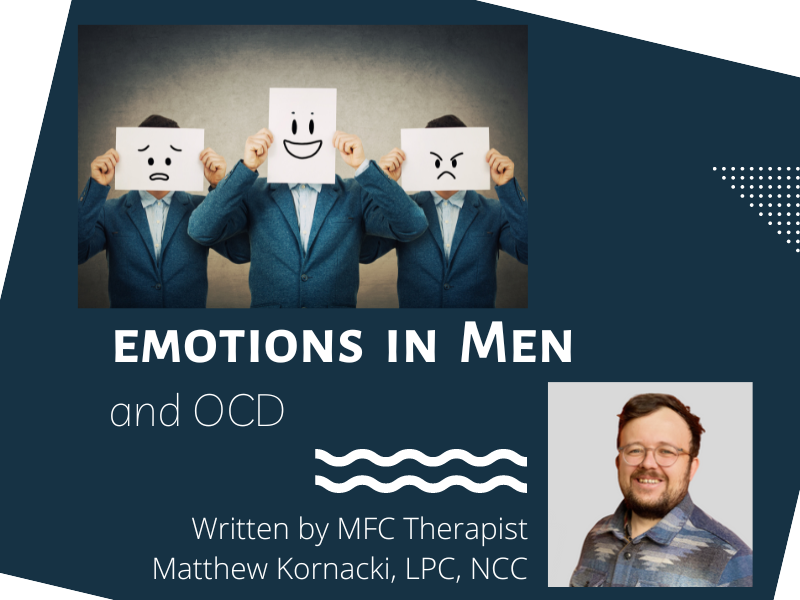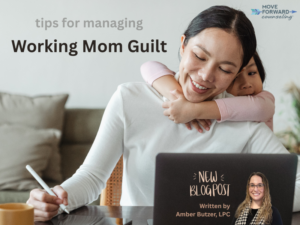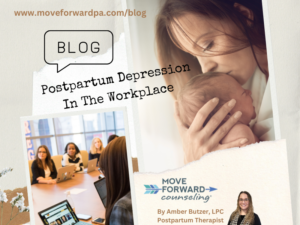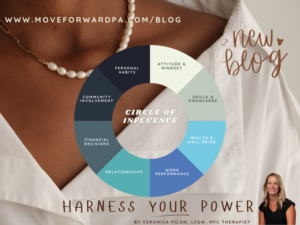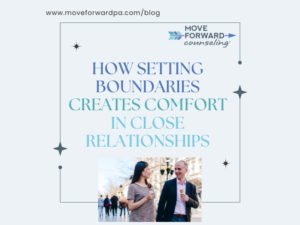Emotions in Men and OCD
An Editorial Article by Matthew Kornacki, LPC, NCC
Throughout my time in the mental health field, I have had consumers of services describe one common goal: “I would like to control my emotions.” Most of the time, I answer them: “Sorry, you can’t.” This is especially prevalent with the men I work with since the idea of control is predominant in boys and men raised to conform to traditional masculine norms.
Systemically, the idea of control is practically synonymous with these norms that punctuate and celebrate durability and impassiveness while demeaning (for example) the healthy act of simply crying. How can we be that tough if our vulnerability can scurry us right back into ourselves and the metaphorical closets in which we have been shoving all these emotions? The whole thing is a giant contradiction.
The whole idea of masculinity and toughness is so incredibly fragile that something that doesn’t even exist in the physical world (feelings/emotions) can topple it over with the slightest breeze. Men do this for multiple reasons, and these “traditional” male systems are only partially to blame. While emotions are not real in the physical world, they exist in our psyche and will leave and enter it as they please.
So if you can’t control emotions, how do you handle them?
You feel them. It’s counterintuitive, isn’t it? A great way to illustrate emotions’ role and how we use avoidance to “act tough” is by observing Obsessive-compulsive disorder (OCD). OCD is defined as the presence of obsessions and compulsions.
- Obsessions
Obsessions are recurrent thoughts and urges that are unwanted and cause distress (usually anxiety), and the act of ignoring or suppressing these thoughts and urges.
- Compulsions
Compulsions are repetitive behaviors or ways of thinking that the person feels obligated to indulge in, in response to the obsession to reduce stress but are not connected to the obsession they were originally formed to stop (APA, 2013).
An Example
Now that we have the clinical definition out of the way, let’s look at a realistic example. Let’s say someone is experiencing some uncomfortable “stuff” (negative emotion or thought). Someone uncomfortable with this stuff will avoid it actively or passively. OCD is very much active avoidance, as it often involves rituals or compulsions that are there to stomp out feelings of uncomfortable stuff very quickly.
If I discover, for example, that checking to make sure the door is locked gets rid of my uncomfortable stuff, I am more likely to do this as I cannot see my emotions for what they are: simple words and images in my head. In this case, I am seeing my thoughts and emotions as reality.
Finding A Solution
Avoiding what makes us uncomfortable does not sound very tough, does it? Nevertheless, this is essentially what men have been traditionally taught. Does that mean that all avoidance will result in OCD? Of course not. However, learning techniques to sit with emotion, observe, and be curious about it are invaluable skills that allow us to get to know ourselves more than we ever thought possible.
Therapy Can Help Reach Your Goals
A professional therapist can help show you how to build those skills. Please contact us to learn about our available therapists and get started if your goal is learning to control your emotions better.

